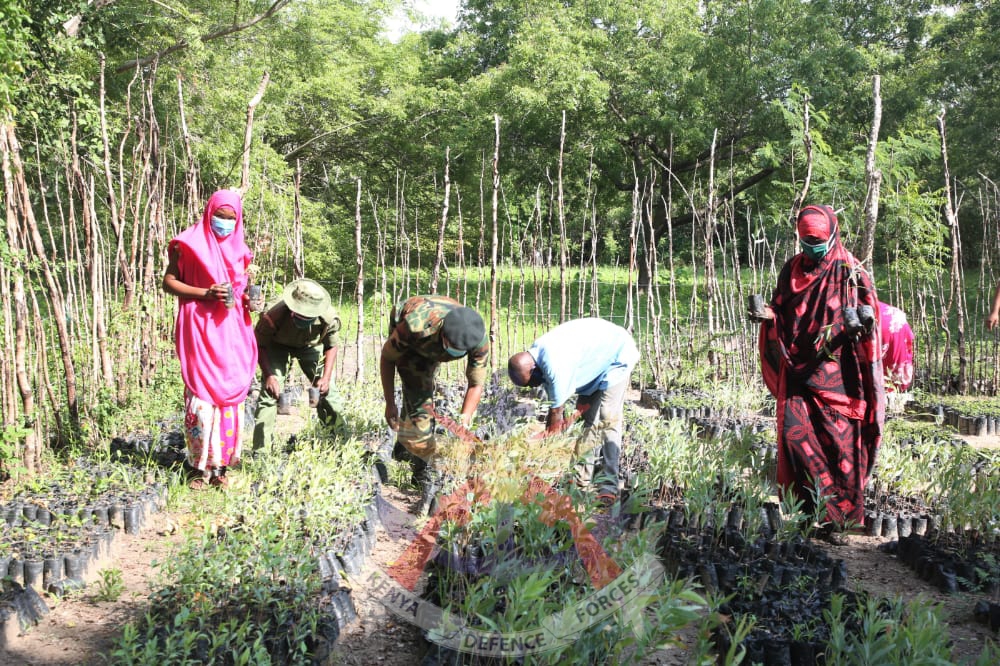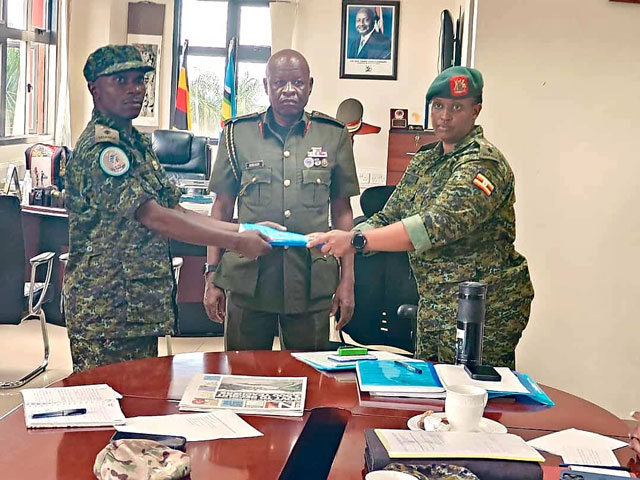Fort Portal, established in 1893 and named after the British colonial figure Sir Gerald Portal, is poised to become a premier tourist attraction in Uganda. With its designation as Uganda’s tourism city, land prices have skyrocketed, with a plot measuring 100×100 meters in the city center that previously ranged from 50 to 100 million shillings now selling for between 300 and 500 million shillings.
According to Samuel Musana, the city’s physical planner, the number of clients seeking building plan approvals has risen sharply with over 60 visits each month.
“We expect that in the next five years, Fort Portal’s skyline will transform due to the influx of new buildings; however, the primary challenge lies in ensuring thorough oversight to maintain both quality and quantity, with a focus on the quality of constructions given that Fort Portal is located within an earthquake-prone area,” stated Samuel Musana, the senior Physical Planner of Fort Portal City.
Musana notes that the city’s tourism status has drawn in developers and institutions like Mountains of the Moon University, increasing the demand for infrastructure.
“When comparing our current situation to what was experienced in Fort Portal Municipality, we’ve noticed a significant change, which presents challenges, particularly concerning road networks.”
The city is also aiming to enhance access roads to accommodate these new developments. In the hospitality industry, business owners report a significant rise in both local and foreign visitors, prompting plans for expansion and job creation to meet the heightened demand.
“Local residents are increasingly engaging in tourism; it’s no longer just about international visitors. Families are coming here frequently,” remarked Sharon Karungi, the Communications Officer at Nyaika Hotel.
However, despite these positive changes, some local small businesses have yet to experience the expected transformation, citing ongoing challenges mainly related to construction projects and new taxes.
Leonald Muhumiza, a local resident, expressed, “The term city holds little meaning for us in Tooro since we don’t perceive it in terms of service provision, particularly in health services. The concept of a city feels irrelevant to us.”
“We anticipated a blueprint outlining what was expected along with community engagement to clarify what city status implies for us,” noted Stephen Mugasa, a businessman.
Betty Mujungu, the city’s deputy mayor, acknowledged these concerns while emphasizing that improvements to the city’s infrastructure, including road work and street lighting, are currently in progress. These enhancements aim to invigorate the nightlife and contribute to a more dynamic city atmosphere.
“It’s not like flipping a switch to instantly transform the area into a vibrant tourism city. I believe it’s a process involving growth and strategic decision-making. That’s why we have a Council in place,” said Mujungu.
She also mentioned that the city is partnering with development organizations to promote community-based tourism initiatives, such as Eco-homes, aimed at encouraging tourists to stay longer and benefit the local communities.




















